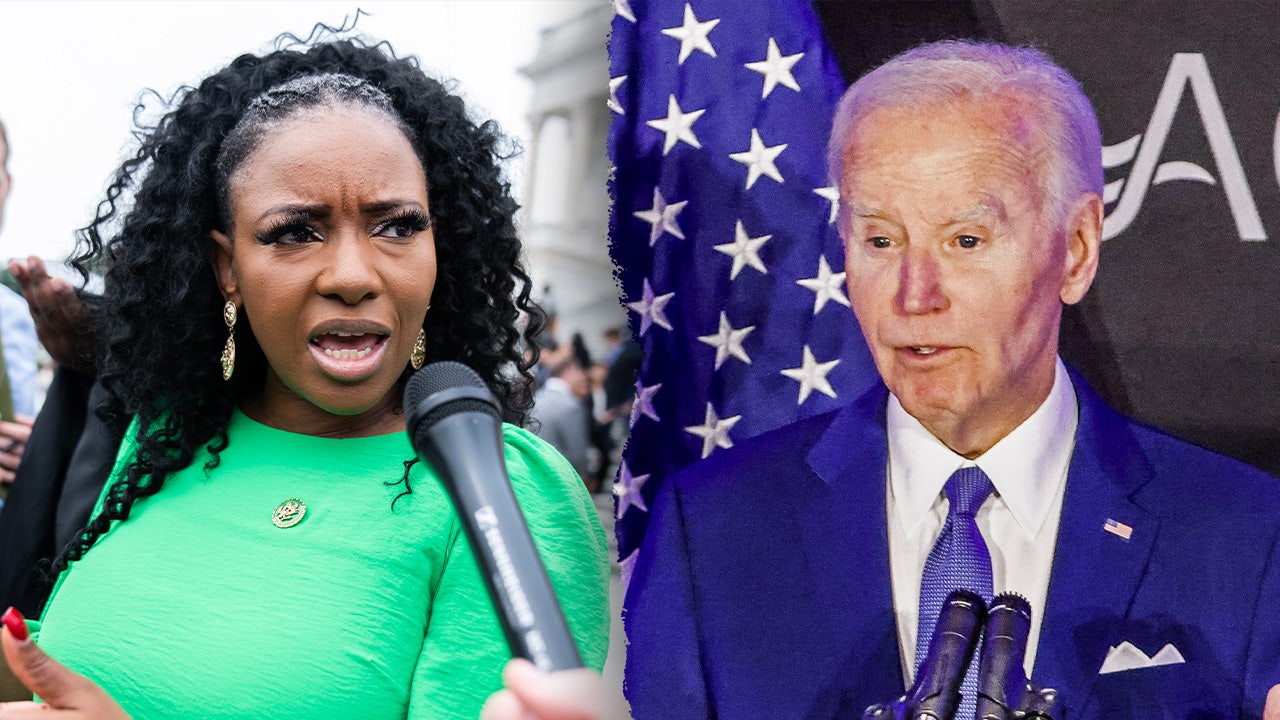Democrats hit historic low favorability ratings as party seeks path forward

The Democratic Party is facing a challenging road ahead after suffering significant losses in the 2024 elections. In an effort to regroup and find a way out of the political wilderness, top party consultants and donors recently gathered to brainstorm strategies for improving outreach to male and working-class voters.
President Donald Trump’s victory in reclaiming the White House, along with Republican gains in the Senate and House, highlighted the need for Democrats to reassess their approach. The GOP’s success in attracting Black, Hispanic, and younger voters, who are traditionally part of the Democratic base, underscored the urgency for the party to make changes.
Longtime Democratic strategist Joe Caiazzo emphasized the need for a course correction, acknowledging that the party’s current strategies have failed to resonate with voters. He pointed out that re-electing Donald Trump was a clear indication that a shift in tactics was necessary.
The frustration and anger among Democrats, both towards Trump and their own party leadership, have contributed to the party’s declining favorability ratings. Democratic National Committee Chair Ken Martin emphasized the party’s commitment to standing up for hardworking Americans who feel left behind in the current political climate.
One of the key discussions at a recent gathering hosted by the Democrat-aligned super PAC Future Forward focused on a $20 million initiative called “Speaking with American Men: A Strategic Plan.” The initiative, known as SAM, aimed to address the party’s struggle in attracting male voters by adjusting the party’s messaging and outreach strategies.
However, some former key staffers from the 2024 campaigns of Joe Biden and Kamala Harris criticized the initiative, questioning its focus on male voters at the expense of broader issues affecting all Americans. They argued that the party needed to engage with working-class voters directly rather than relying on donor-funded initiatives.
The Democratic Party’s favorable ratings have hit historic lows, with polls indicating a lack of confidence in the party’s leadership. Efforts to appeal to a wider range of voters and address critical issues facing Americans will be crucial for the party’s future success.
As Democrats work to rebuild and redefine their messaging, it is clear that a more inclusive and strategic approach is needed to win back support from a diverse range of voters. By focusing on the concerns of working people and meeting them where they are, the party can hope to regain momentum and build a stronger foundation for future elections.




